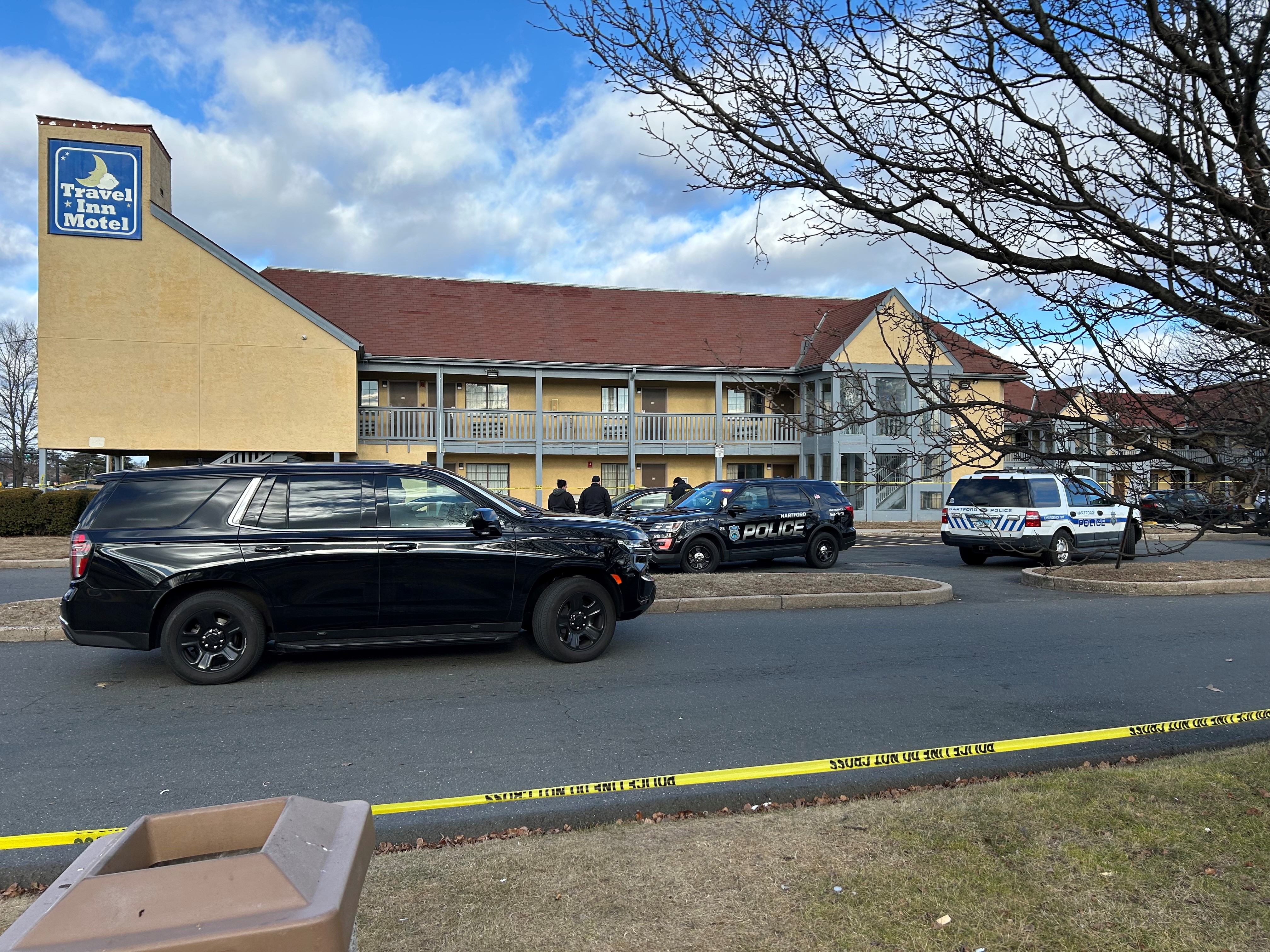
Gov. Ned Lamont on Thursday was officially ordered by his local inland wetlands agency to replant more than 180 trees and thousands of bushes that were chopped down in November on property behind the Democrat's Greenwich home.
While one of Lamont’s neighbors and a neighborhood organization were also involved in the felling on protected wetlands and property they do not own, the wealthy governor has agreed to pick up the entire tab for the landscaping project to replace the vegetation, his lawyer said.
“He was clear on this a while ago that he would pick up the entire cost on this,” attorney Thomas J. Heagney told The Associated Press after Thursday’s meeting of the Greenwich Inland Wetlands and Watercourses Agency.
Heagney blamed the illegal tree-cutting, which the agency’s director described as “clear-cutting” in one of three affected parcels, on a miscommunication between Lamont and the landscaping company he had helped to hire.
Get top local stories in Connecticut delivered to you every morning. >Sign up for NBC Connecticut's News Headlines newsletter.
“It was really a matter of the governor giving general direction to the landscaper and the landscaper doing a little bit more than what was expected,” Heagney said.
Lamont has been accused of removing the trees to get a better view of a pond, a charge he has denied. The governor has said the plan was to clean up trees damaged in previous storms.
Lamont and the neighbors were issued a cease-and-correct order in November after the sound of chainsaws was heard by a property manager for part of the undeveloped land where the tree-cutting took place. The manager said the work “went far beyond destruction of wetland vegetation,” according to documents posted by the Greenwich Inland Wetlands and Watercourses Agency.
Local
Fred Jacobsen, property director of the land owned by INCT LLC, property that used to be owned by the Rockefeller family, said it appeared the “massive cutting effort” had been going on for multiple days and that he saw more than 10 workers cutting and clearing trees and bushes. Access to the site had been provided through property owned by Lamont’s neighbor, wealthy businessman Alexander Vik and his wife Carrie, according to wetlands commission minutes.
Jacobsen told the commission shortly after the incident “the people involved knew they would never be allowed to do this, if they had applied for a permit, so they did it anyway.”
Since then, multiple public hearings and site visits have been held to determine the extent of the damage and what should happen next to restore the coveted woodlands in one of the nation's wealthiest communities. There's been detailed discussion over exactly how many trees were chopped down and the required width of the replacements to make sure mature trees are planted.
On Thursday, Beth Evans, the local agency’s director, outlined her recommendations, which in some cases doubled the number of trees and shrubs to be planted that Lamont’s landscape architect team had originally proposed. In some cases, she called for a wider variety of plantings, suggesting specific species of trees and shrubs like sugar maples, red twig dogwood and witch hazel.
“This property was clear cut, where basically all the shrubs and trees, all the shrubs were taken out," Evans said of one of the parcels. “And, what was left was essentially bare ground at the time of the violation last November.”
Lamont’s team must also come up with plans to combat invasive plants and to maintain the new trees and bushes for years to come. There was also discussion about putting up fencing in some areas to prevent hungry deer from eating the newly planted vegetation.
Heagney said Lamont is willing to abide by the director's recommended replanting orders for the three parcels, which were approved unanimously by the wetlands council on Thursday.
“The wetlands director was looking at what she thought would be necessary to restore the area," Heagney said. “And, although, as I said at the hearing, we thought it was a little more than what was required because we thought the plan we had submitted was sufficient, we can certainly work with that.”
Heagney said he does not yet have a cost estimate for the project or a timeline for when the work will begin.



